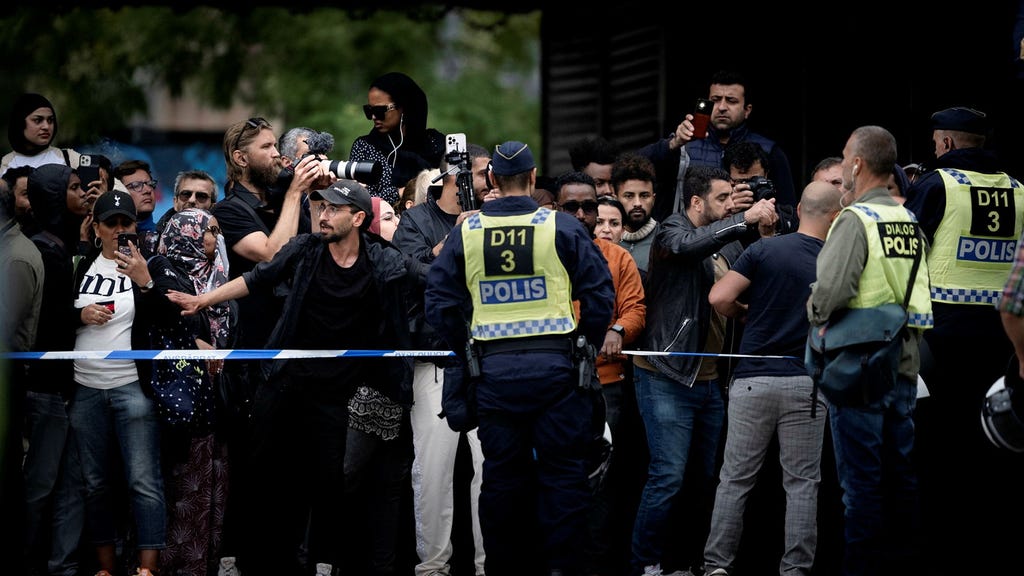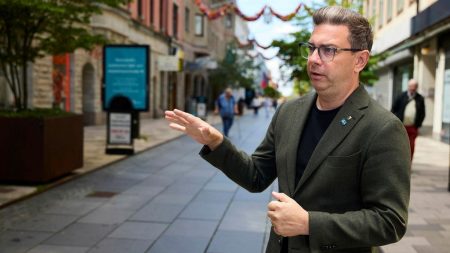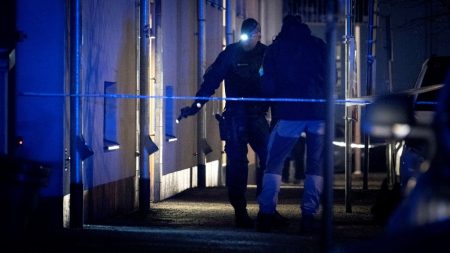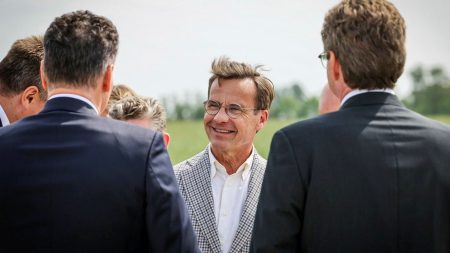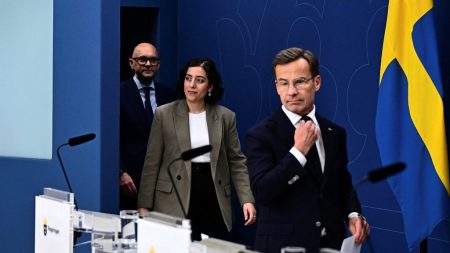The Swedish government, in the summer of 2023, initiated an inquiry into the Public Order Act following a series of incidents, including the hanging of an effigy of President Erdogan outside Stockholm City Hall and several public Quran burnings. These events escalated tensions internationally and led to an elevated terror threat level within Sweden. The inquiry’s mandate was to explore potential amendments to the Public Order Act, allowing authorities to prohibit demonstrations deemed detrimental to national security. Three specific proposals for amending the law were subsequently put forward. From the outset, the inquiry and its proposals faced criticism from legal experts and politicians, including Jimmie Åkesson, leader of the Sweden Democrats, who declared his party’s staunch opposition to any adaptation of Swedish law in response to pressure from “Islamists and dictatorships.”
The proposed amendments have now also drawn sharp criticism from key legal oversight bodies, the Parliamentary Ombudsman (JO) and the Chancellor of Justice (JK). The JO, in its official response, expressed serious doubts about the proposals’ effectiveness and warned of potential negative consequences. Central to the JO’s critique is the concern that these changes would empower individuals to indirectly influence the boundaries of permissible expression by creating a situation where the threat of international backlash could be used to restrict certain viewpoints. This, the JO argues, opens the door for malicious actors to manipulate the system and dictate acceptable speech, a scenario deemed undesirable in a democratic society. The JK echoed similar concerns, emphasizing the potential for chilling effects on freedom of expression.
Mia Edwall Insulander, Secretary General of the Swedish Bar Association, also voiced strong opposition to the proposals, echoing the JO’s concerns about potential risks. Characterizing the proposed changes as an ”extremely significant restriction on the free formation of opinion” and a ”far-reaching encroachment” on freedom of expression, she highlighted the potential for arbitrary and unclear application of the law. Insulander emphasized the problematic lack of oversight and transparency in the proposed process, noting that confidentiality provisions would prevent public scrutiny of police decisions regarding permissible expression, further increasing the potential for misuse. This lack of transparency, coupled with the broad power granted to police to interpret and apply the amended law, raises serious concerns about the potential for arbitrary and politically motivated restrictions on fundamental freedoms.
The proposed amendments, outlined by the government’s inquiry, present three alternative paths. The first option empowers police to impose conditions on the time and place of public gatherings or deny permits altogether if the gathering is deemed to pose a tangible threat to national security through increased risk of crime. The second alternative allows police to impose conditions other than outright refusal, such as prohibiting specific forms of expression, like book burning, again based on national security concerns. Finally, the third alternative refrains from introducing national security as grounds for restricting gatherings, instead focusing on strengthening police authority to determine the time and place of assemblies. This third option represents a less drastic approach compared to the first two, aiming to balance security concerns with the protection of fundamental rights.
While a number of consulted bodies chose not to comment on the proposals, the Swedish Association of Local Authorities and Regions (SKR) expressed support for the third alternative, advocating for enhanced police control over the logistical aspects of public gatherings without necessarily granting the power to outright ban them. This approach seeks to address potential security concerns by allowing police to manage the timing and location of events, thereby mitigating risks without directly infringing upon the freedom of assembly. The diversity of responses to the proposed amendments reflects the complex balancing act between protecting national security and upholding fundamental freedoms, highlighting the challenging task facing policymakers as they grapple with these competing interests.
The debate surrounding these proposed amendments underscores the tension between the protection of national security and the preservation of fundamental freedoms, particularly the freedom of expression. While the government’s motivations stem from legitimate concerns about potential threats and maintaining public order, critics argue that the proposed changes represent an overreach that could significantly undermine core democratic principles. The potential for misuse, the lack of transparency, and the chilling effect on legitimate expression are central to the arguments against the proposals. It remains to be seen how the government will navigate these competing interests and whether the final legislation will strike an appropriate balance between security and freedom. The strong opposition from various stakeholders suggests a continued struggle to find a solution that addresses legitimate security concerns without unduly compromising fundamental rights.





